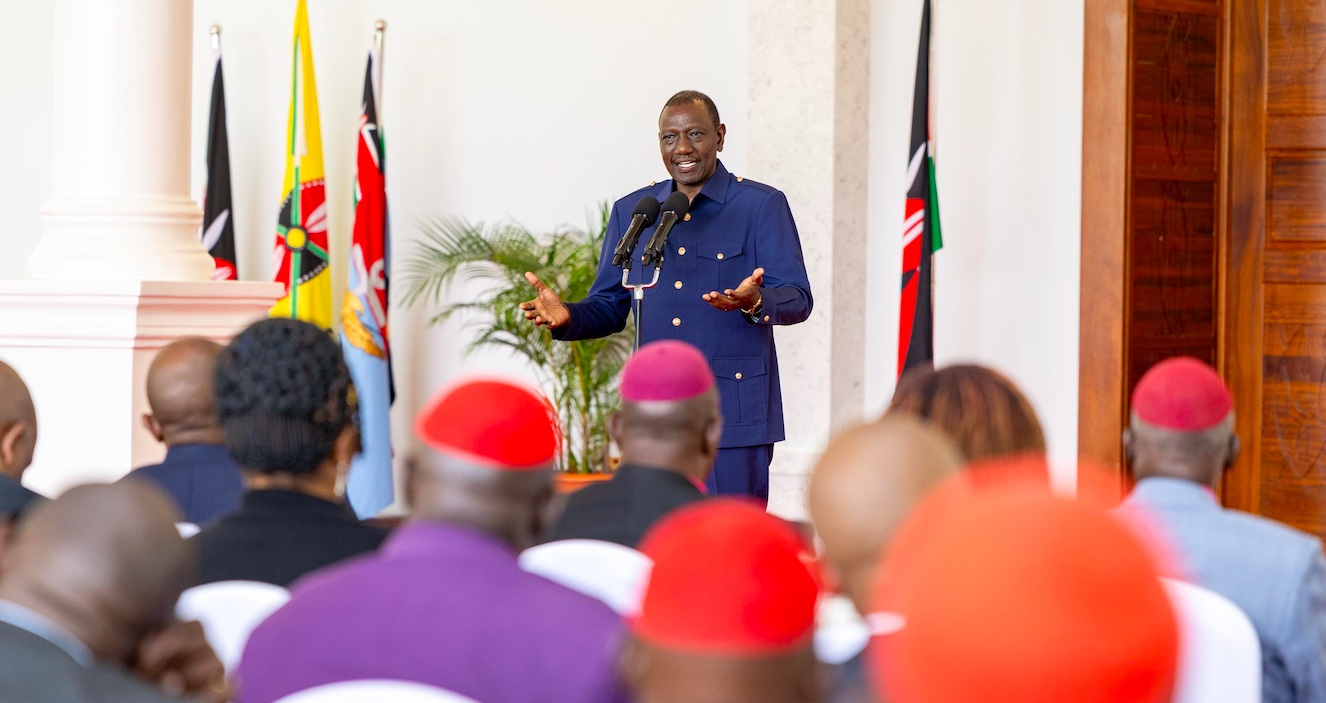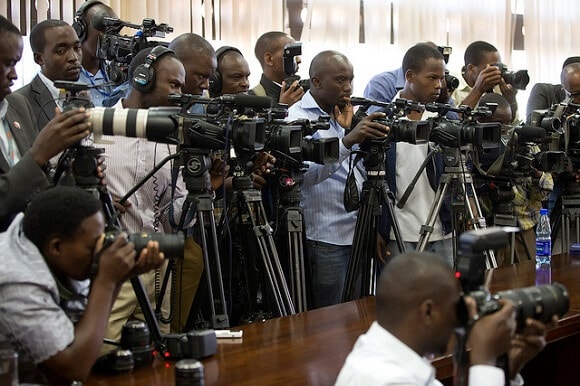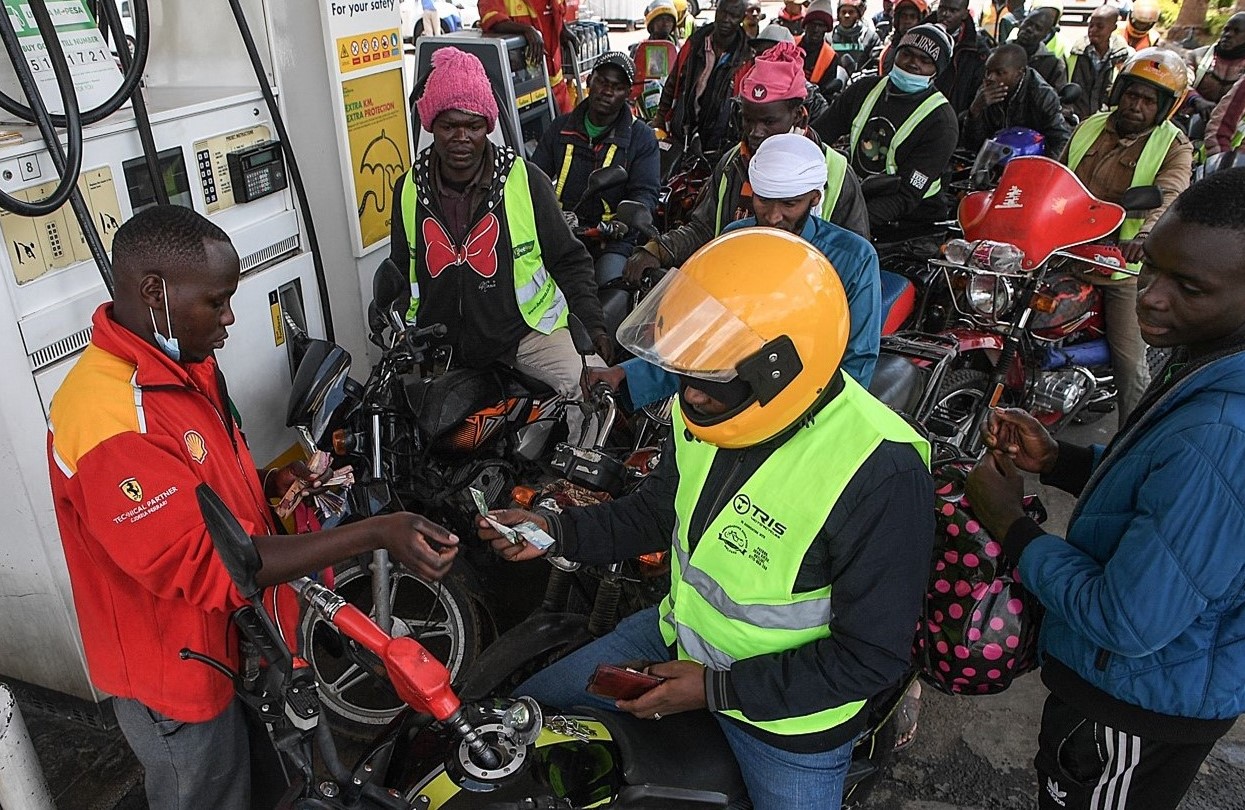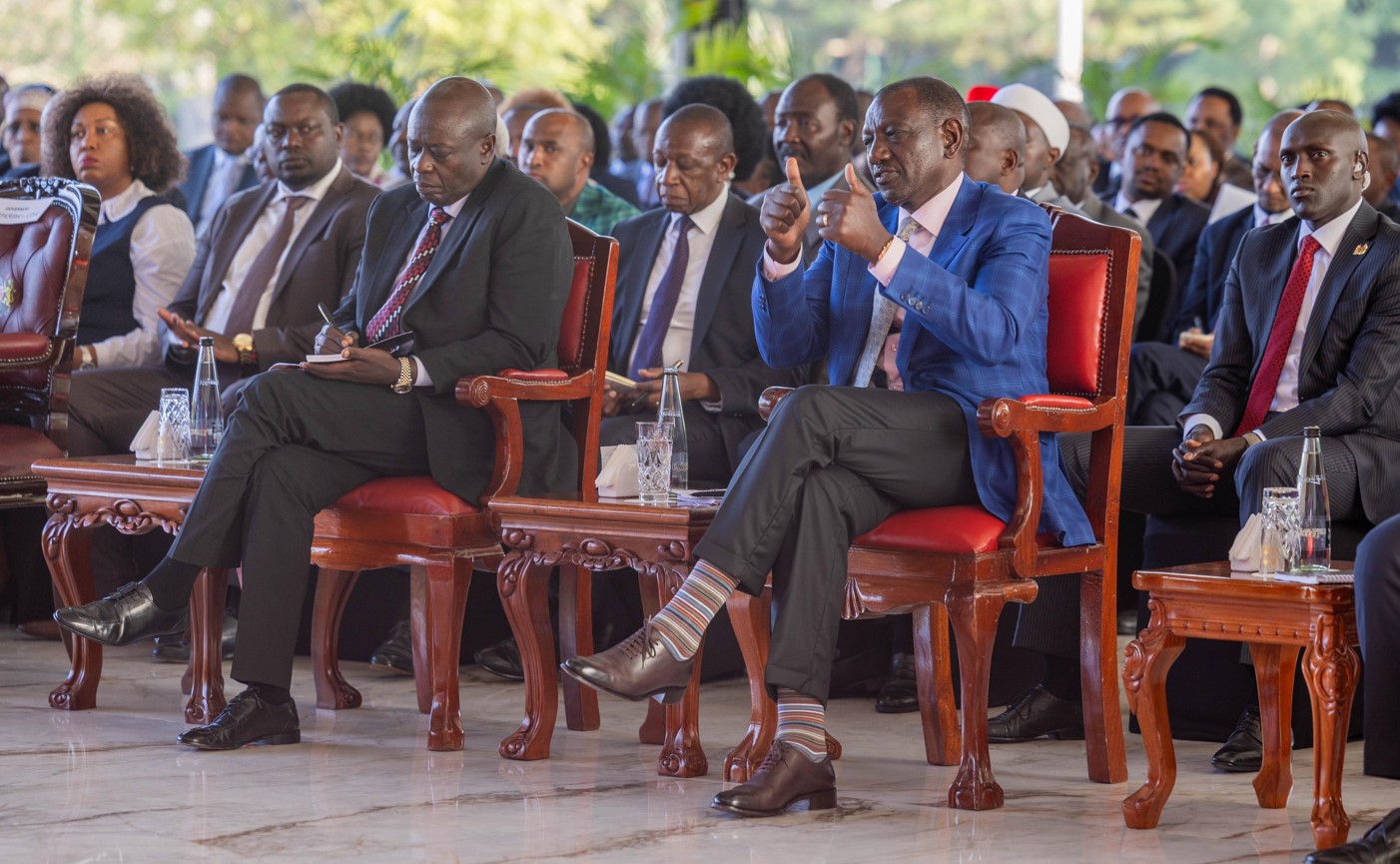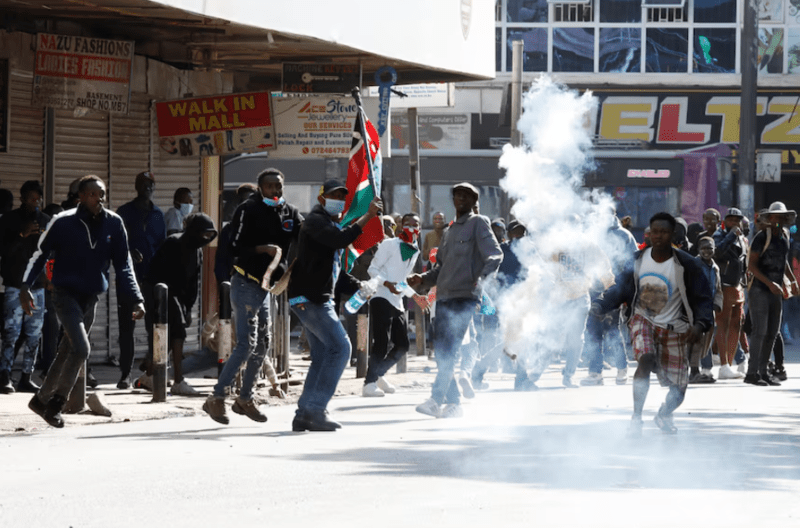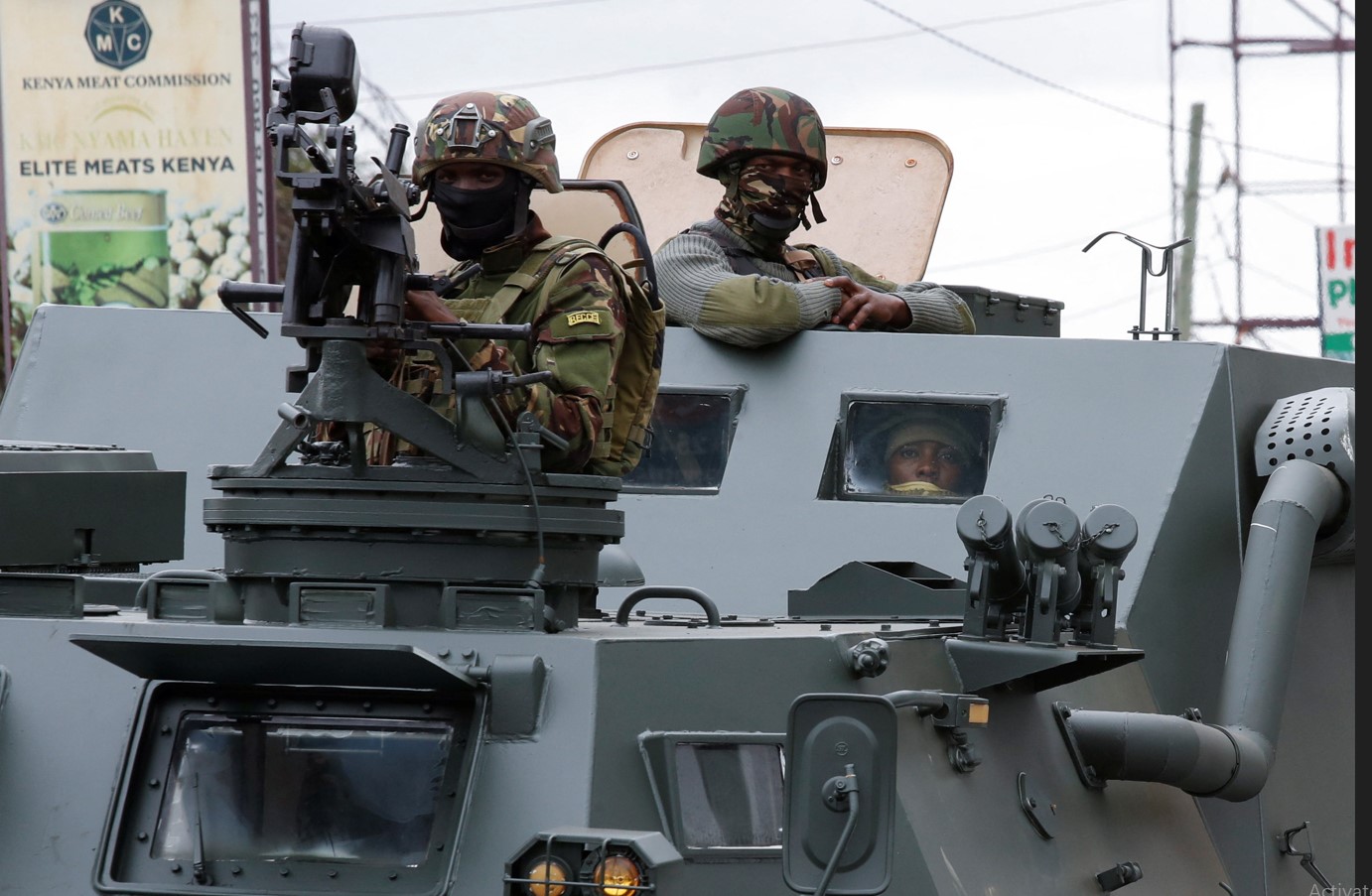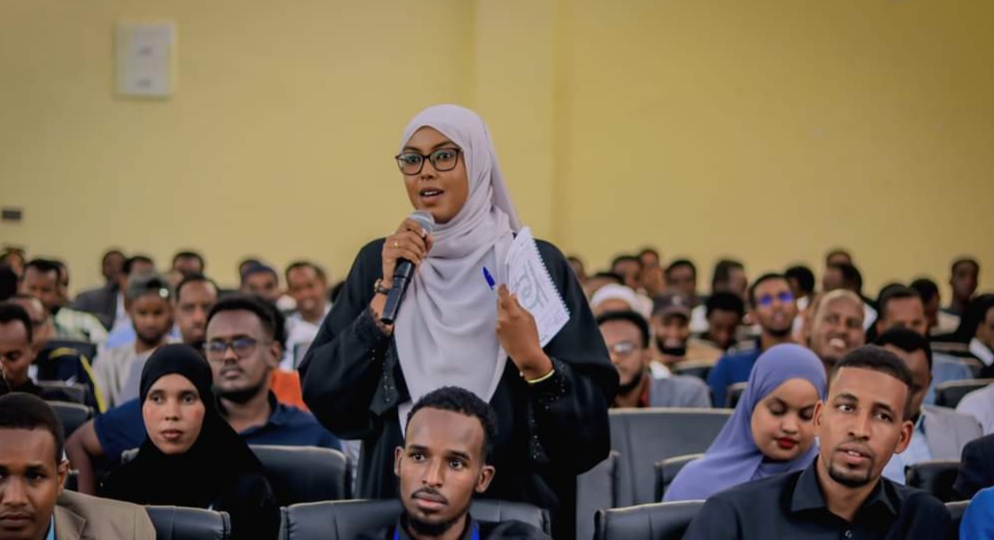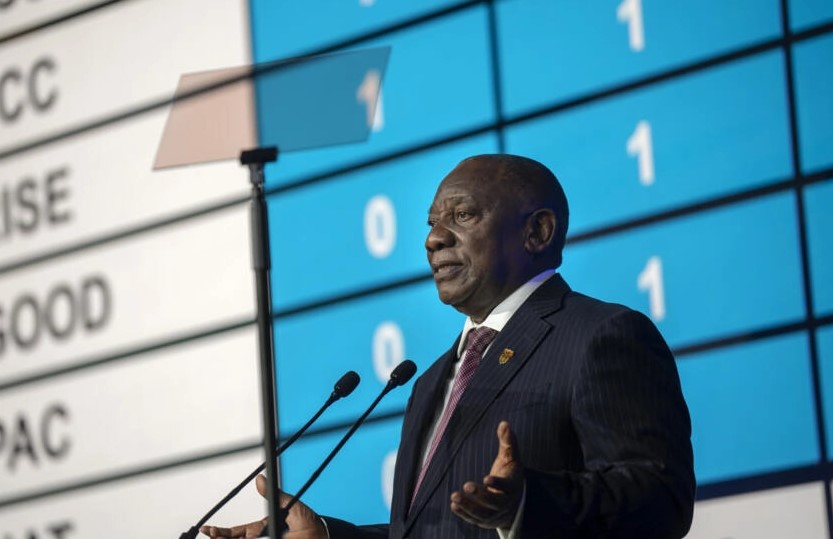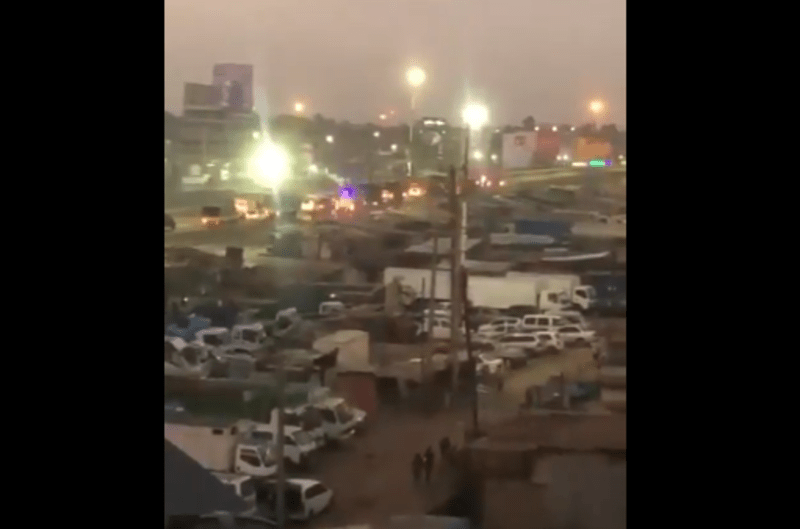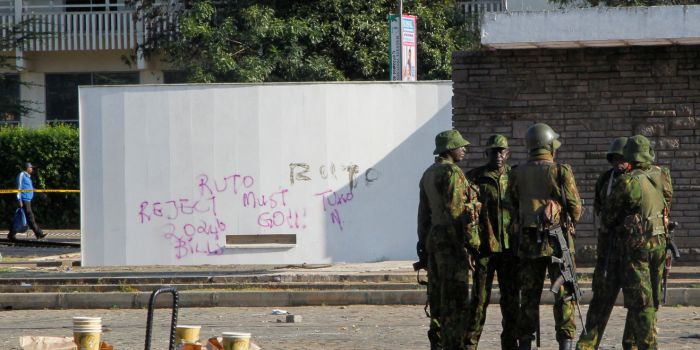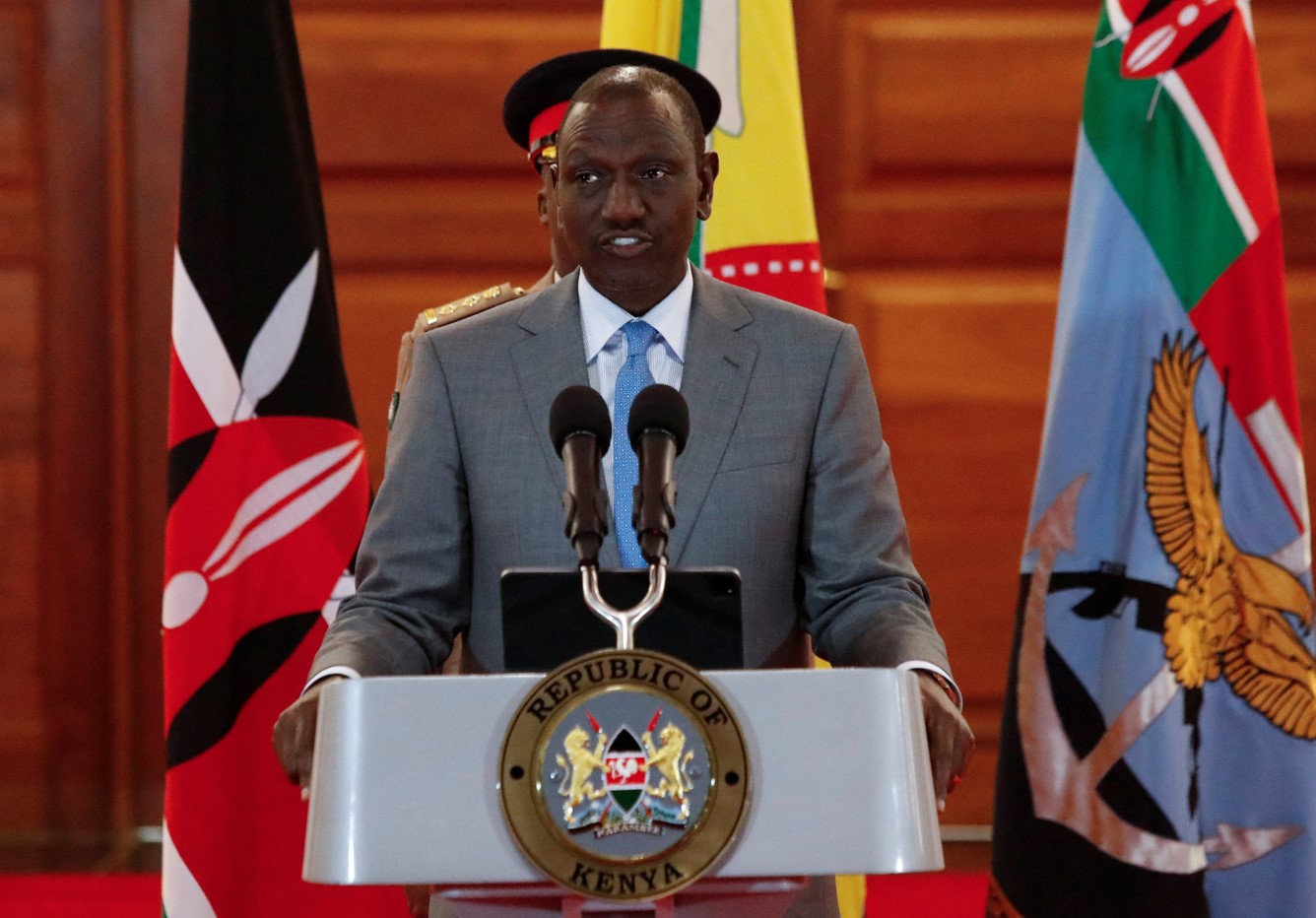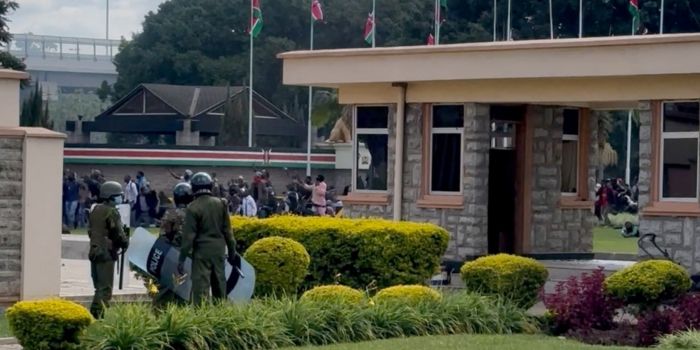Regional journalists speak out after foreign colleagues criticise Kagame's leadership of Rwanda
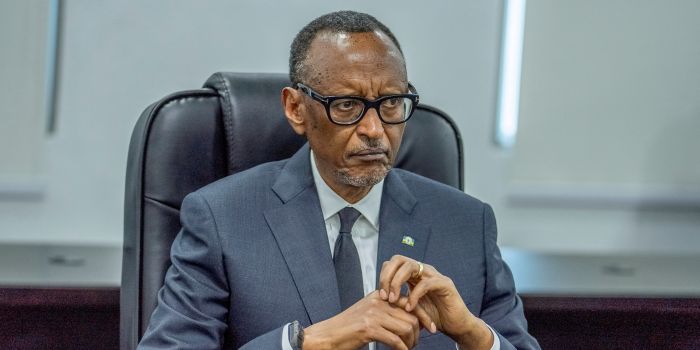
By Amina Wako |
Operating under the project title "Rwanda Classified," these journalists, predominantly from European media outlets, have begun publishing a series of stories critical of the Rwandan president.
In an unprecedented move, a consortium of 50 journalists from 17 media houses in 11 countries has come together, under the banner Forbidden Stories, to scrutinise the governance of Rwanda and its President, Paul Kagame.
Operating under the project title "Rwanda Classified," these journalists, predominantly from European media outlets, have begun publishing a series of stories critical of the Rwandan president.
Keep reading
However, the response from the region has been swift and robust, with local journalists and some from neighbouring Uganda criticising the series as biased and one-sided portrayals of Rwanda.
Among the vocal critics is Ugandan columnist and writer Frederick Golooba-Mutebi, who took to his X account (formerly Twitter) to counter the narrative presented by "Rwanda Classified."
Golooba-Mutebi and other regional journalists contend that the series overlooks the progress Rwanda has made under Kagame's leadership, including advancements in infrastructure, healthcare, and education.
What’s Rwanda like, 24 hours since the #50journalists released their #ForbiddenStories ? A 🧵
— F. Golooba-Mutebi (@FGoloobaMutebi) May 30, 2024
I have just been on a 7km walk on Kigali’s clean, well lit & quiet streets with their mandatory pedestrian sidewalks.
1. People are out & about, in bars and cafés, enjoying themselves
Some, like Abdul Majid Ntawuruhunga, say the goal of Forbidden Stories is to disrupt Rwanda’s elections, which are scheduled for July 15, 2024.
Kagame, 66, has been the ruler of the landlocked African nation for over two decades, winning presidential elections in 2003, 2010, and 2017, with a landslide victory of over 90 per cent of the vote.
His only known opponent is Frank Habineza, the 47-year-old leader of the opposition Green Party. In the 2017 election, Habineza received only 0.45 per cent of the vote, coming in third.
Western media and NGOs, influenced by ex-genocidal regime members, aim to destabilize Rwanda and undermine its progress through
— NTAWURUHUNGA ABDUL Madjid (@AMadjid78) May 31, 2024
✴️Our Unity is our strength🇷🇼#ForbiddenStories. #RwandaClassified pic.twitter.com/QUiSqwnqZG
Western media and NGOs, influenced by ex-genocidal regime members, aim to destabilize Rwanda and undermine its progress, but we are Strong ntaho bazamenera, ubumwe bwacu nizo mbaraga zacu. #ForbiddenStories #RwandaClassified pic.twitter.com/jENFdTfvaN
— Ngabonziza🇷🇼 (@Rushema_thierry) May 31, 2024
One Chris Renzaho tied the criticism by foreign journalists to sponsorship aimed at weakening the country. He noted that under no circumstances will Rwanda return to the times that led to the 1994 genocide.
"Reminder to the pseudo-journalists of #ForbiddenStories and your sponsors: some of us have been through hell; my grandfather was shot, my grandmother was buried alive, and 99 per cent of my maternal family was killed in the 1994 genocide against the Tutsi [sic]," he said in a post on X, originally written in French.
"No amount of blackmail, no media campaign can bring us back there. If and when necessary, we fight to preserve our gains as if we have nothing left to lose [sic]."
Rappel aux pseudo journalistes de #ForbiddenStories et vos commanditaires : certains d'entre nous ont vécu l'enfer; mon grand-père a pris une balle, ma grand-mère a été enterrée vivante, et 99 % de ma famille maternelle ont été tués lors du génocide de 1994 contre les Tutsis.… pic.twitter.com/YjfJuXUWdA
— Chris Renzaho ✊🏾🇷🇼 ❤️🤍🩵 (@chrismanzi) May 30, 2024
Kagame came to power in 2000 after leading the Rwandan Patriotic Front to overthrow the 1994 government.
Over the years, articles in pro-government newspapers have raised the prospect of him staying on after his mandate expires, a move that would anger his critics and require a change to the constitution. The constitution currently limits presidents to two seven-year terms.
Critics accuse Kagame of being authoritarian and trampling on media and political freedoms, but he has also won international praise for progress in his bid to transform Rwanda into a middle-income country.
Additional reporting by Reuters




